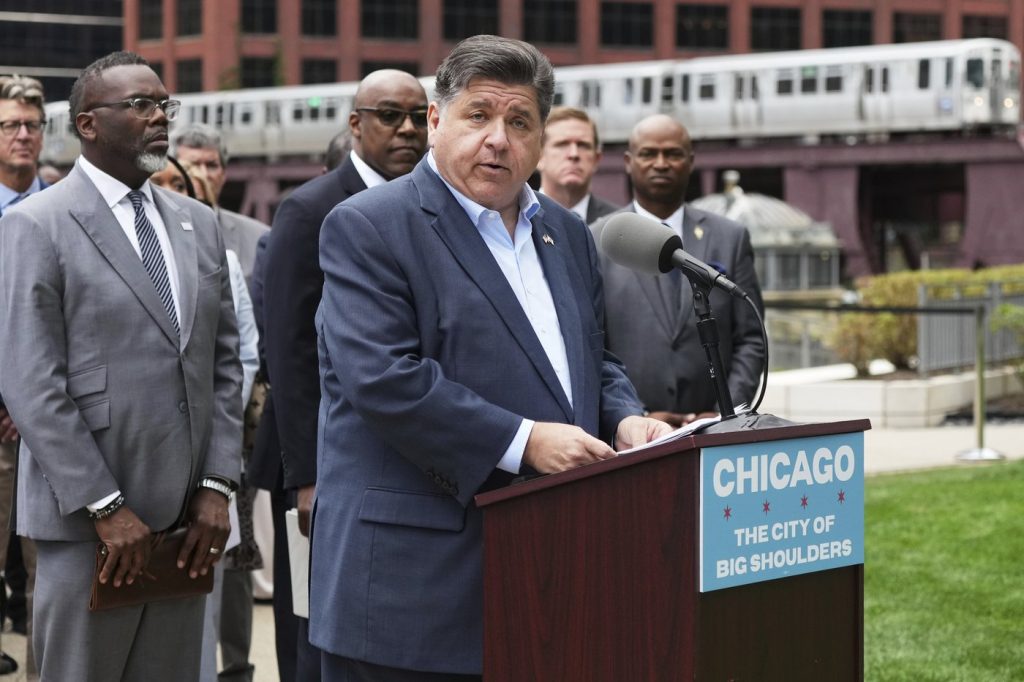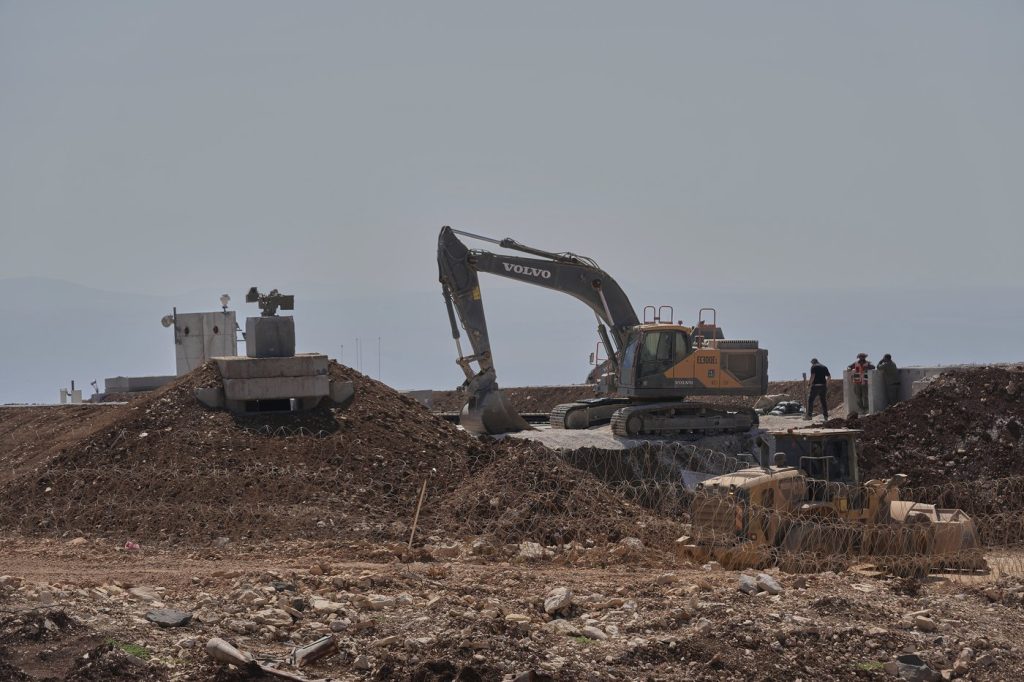President Donald Trump’s recent threats to deploy National Guard troops to Chicago have sparked significant reactions from residents of America’s third-largest city. Many Chicagoans expressed their defense of their home in light of Trump's escalating rhetoric regarding violent crime, which he has described using terms like “killing field.”
The potential presence of federal troops has provoked a mixture of fear, frustration, and defiance among residents. Local groups advocating for police reform argue that sending troops, who lack training in de-escalation and an understanding of the city’s neighborhoods, could reverse the progress made in recent years. Commuters, cyclists, and residents enjoying the city’s vibrant atmosphere expressed that the arrival of troops would likely increase tensions rather than alleviate them.
Bradly Johnson, leader of BUILD Chicago, an anti-violence organization focused on the West Side of the city, proclaimed, “It’s a direct affront to the progress our communities have made.” He emphasized that Chicago neighborhoods are not war zones, but instead are vibrant, resilient communities deserving of opportunities rather than intimidation. On Tuesday, Trump labeled Chicago a “hell hole” and claimed residents are begging for federal intervention to manage crime rates, suggesting that the city could face a federal crackdown.
Throughout his political career, Trump has repeatedly singled out Chicago, making it a focal point of his campaigns in both 2016 and 2024. His comments have included controversial comparisons of the city to war zones like Afghanistan, and he previously pledged to “send in the feds” in response to gun violence in 2017.
However, recent data indicates a more complex narrative concerning crime in Chicago. Violent crime has decreased significantly in the first half of 2024, witnessing the most dramatic decline in over a decade. According to city data, shootings have decreased by 37% and homicides by 32%, while total violent crime has seen a reduction exceeding 22%. John Roman, director of the Center on Public Safety and Justice at the University of Chicago, confirmed, “The empirical data is very clear that the Chicago trend is extremely positive.”
Despite these statistics, there remain serious challenges with gun violence, particularly in certain neighborhoods. Data from the University of Chicago Crime Lab indicates that the neighborhoods experiencing the highest homicide rates suffer from figures that are approximately 68 times greater than those with the lowest rates. As of 2024, Chicago recorded about 570 homicides, with rising shooting lethality and an increase in high-capacity magazines discovered at shooting scenes.
Kimberley Smith, director of national programs for the University of Chicago Crime Lab, attributes much of the recent decline in violent crime to a focus on the systemic causes of violence rather than the militaristic strategies championed by Trump. She urged for greater federal investment in research into violence-prevention strategies, promoting Chicago as a leader in gun violence prevention innovation. Jahmal Cole, founder of the organization My Block, My Hood, My City, believes Trump’s remarks undermine the efforts of local leaders and community organizations tackling gun violence. He emphasizes that mere rhetoric does not enhance public safety, stating, “We need smart, community-focused investments, not sensationalism.”
As a display of unity against the federal troop deployment threat, Illinois Governor JB Pritzker recently organized a press conference featuring a wide array of officials, including U.S. Senator Dick Durbin and renowned local pastor Michael Pfleger. Pfleger argued that funds spent on National Guard deployment should instead be allocated to genuine violence prevention programs that foster peace in the community.
Local residents voiced their rejection of Trump's statements. Art Jarrett, a business owner in the city, remarked on Trump's business interests in Chicago, questioning how the city could simultaneously be a “killing field.” He declared, “He’s full of crap,” emphasizing his personal experience of safety in the city throughout his 57 years of residency. Local advocate Pastor Donovan Price expressed concerns that the introduction of federal troops could jeopardize the recent progress made in crime reduction. Johnny Aldrich, a 26-year-old resident, echoed similar sentiments, noting the supportive community bonds in various neighborhoods and arguing against the narrative of violence that frequently characterizes media portrayals of Chicago.












